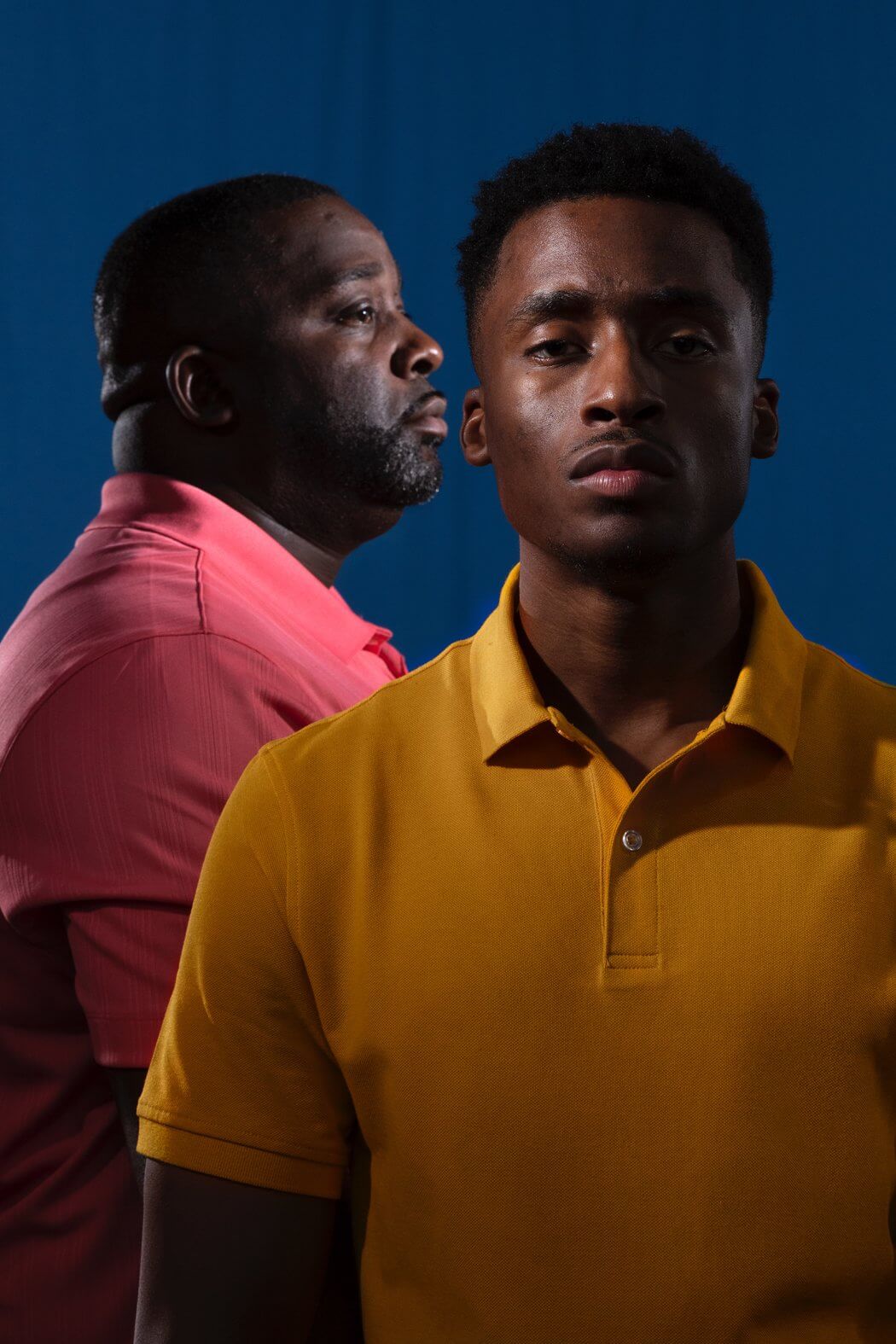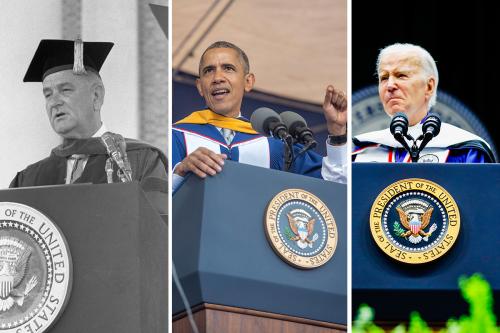
“The 1619 Project is a critical examination of the legacy of slavery and people of African descent in the United States,” said Howard Law School Dean, Danielle Holley-Walker. “The story of Howard University School of Law highlights the way that Black institutions have worked to make America live up to its democratic ideals and values. The stories of four members of the Howard Law Class of 2019 demonstrates the direct line of history from enslaved people to the groundbreaking Black lawyers of today. My hope is that highlighting this history will become a moment of reflection and action.”
The introduction to the essay discusses Howard’s unique and formidable position in United States history as an institution established for Black Americans after emancipation. Howard Law has undoubtedly produced some of the most renowned civil rights advocates, including Thurgood Marshall. As a top-producer of African-American lawyers, Howard Law School continues the legacy of developing lawyers who challenge racial injustice across the country. Like many Howard Law students, the four graduates featured in The 1619 Project, are descendants of people who were enslaved in this country.
“The journey to finding out who I am and where I come from was necessary to the realization of myself and has helped me to revere the history on which I stand,” said Porter, one of the Howard Law graduates featured in The 1619 Project. “I was on a scavenger hunt pulling the pieces of my history together. From old census records, draft registration cards, and conversations with family members I haven’t talked to in years. Most impactful was finding out that my ancestor, Moses Turner, owned over 200 acres of land. He was an employer of so many different people. I come from a lineage of landowners, employers, those who had stake and contribution in the community. When you realize you come from that lineage, you take that into your professional career and it’s like there’s no excuse.”
Like Porter, most of the graduates featured were somewhat shaken by the history Berry uncovered about their ancestors. Whether it be because of the stereotypes about Black Americans that were debunked in their stories or how their ancestors demonstrated perseverance against extraordinary odds, there was something for each of the graduates and their families to discover in the untold stories of their ancestors.
“I’ve gotten emails from some of the students that say they were very moved by what we uncovered for them and their families and they were very inspired by their history,” said Berry. “I’ve been doing this work for 20 years and people have not been wanting to talk about slavery at all- it’s hard for Americans to reconcile with it. This project has drawn a lot of attention and also a lot of criticism. For me, it’s not easy to constantly look at someone or tell someone their ancestor had a value attached to them. But there’s promise and there’s a greater conversation we are able to have now, even though most people don’t like it, you just can’t hide from it. It’s not just going to go away.”
To view The 1619 Project, visit The New York Times website.
*Featured Photo: Elijah Porter, Howard Law School graduate and his father Elijah Porter Sr. Photo Credit: Djeneba Aduayom, The New York Times
###
About Howard University
Founded in 1867, Howard University is a private, research university that is comprised of 13 schools and colleges. Students pursue studies in more than 120 areas leading to undergraduate, graduate and professional degrees. The University operates with a commitment to Excellence in Truth and Service and has produced four Rhodes Scholars, 11 Truman Scholars, two Marshall Scholars, one Schwarzman Scholar, over 70 Fulbright Scholars and 22 Pickering Fellows. Howard also produces more on-campus African-American Ph.D. recipients than any other university in the United States. For more information on Howard University, visit www.howard.edu.
Media Contact: Misha Cornelius, misha.cornelius@howard.edu




